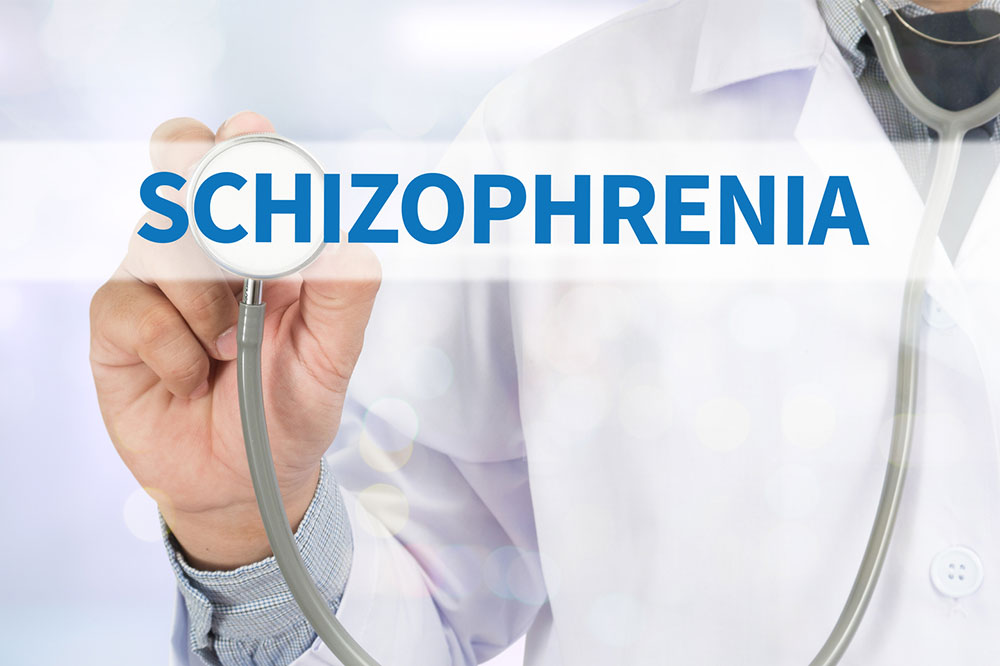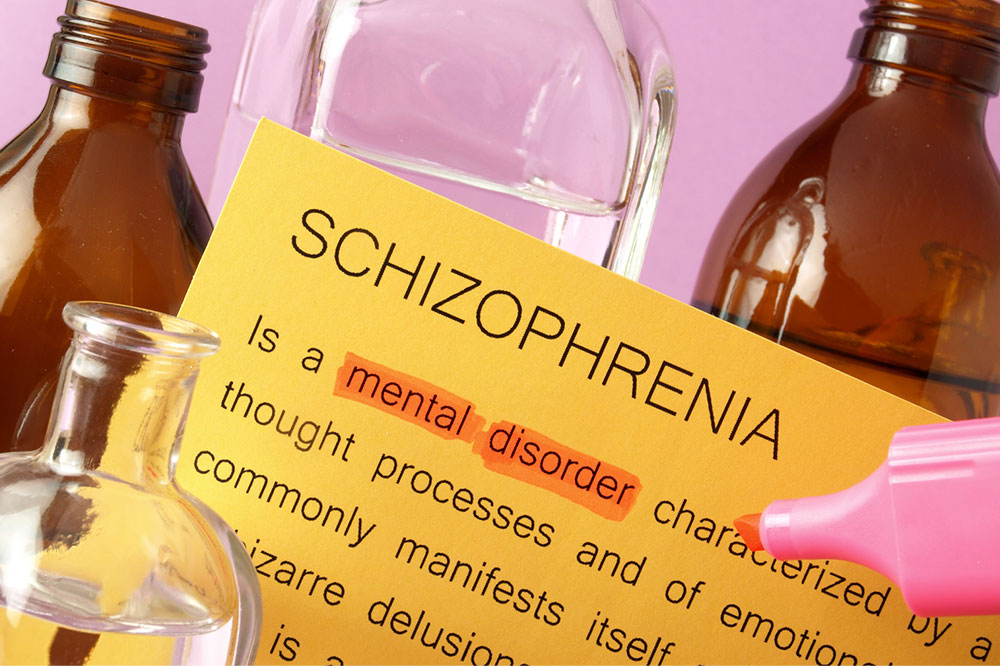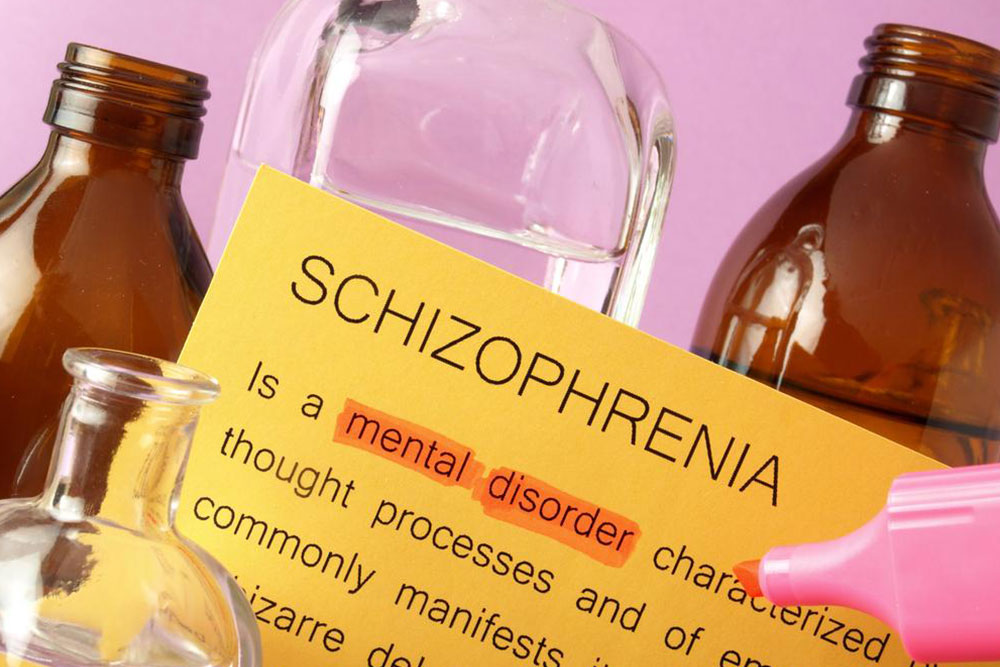Comprehensive Guide to Schizophrenia: Recognizing Symptoms and Understanding Treatments
This comprehensive article provides an in-depth overview of schizophrenia, including its symptoms, prevalence, impact, and management strategies. It emphasizes the importance of early diagnosis and treatment options, highlighting how supportive therapies can improve quality of life for affected individuals. With over 1500 words, it aims to educate readers on this complex mental health condition and promote awareness for better mental health outcomes.

A Complete Overview of Schizophrenia: Symptoms, Causes, and Management Strategies
Schizophrenia is a complex, chronic mental health disorder that profoundly impacts an individual's perception of reality, emotional stability, and social interactions. It is one of the most challenging psychiatric conditions to diagnose and treat, often appearing during early adulthood, particularly in the late teens to early 20s. Early diagnosis and prompt intervention are critical, as they significantly enhance the chances of effective management and improve the patient's quality of life.
Understanding Schizophrenia Schizophrenia interferes with daily functioning by disrupting thought processes, perceptions, and behaviors. Individuals affected by schizophrenia may find it difficult to maintain relationships, hold a job, or handle everyday responsibilities. Social withdrawal, neglect of personal hygiene, and emotional blunting are common symptoms that can lead to severe isolation. Furthermore, without proper treatment and support, individuals with schizophrenia are at increased risk for substance abuse, homelessness, and even self-harm or suicidal tendencies.
Impact and Prevalence of Schizophrenia According to epidemiological data, approximately 0.3-0.7% of the global population is affected by schizophrenia, making it a significant public health concern. In 2013, it was estimated that around 23.6 million people worldwide were living with this disorder. Despite the prevalence, only about 20% of those with schizophrenia receive effective treatment, highlighting the need for increased awareness and improved healthcare access. The disorder not only affects mental health but also leads to physical health complications, reducing life expectancy by an average of 10-25 years in some cases.
Individuals with schizophrenia often face barriers such as social stigma, economic hardship, and inadequate mental health services. The consequences include homelessness, unemployment, and dependence on social support systems. Such challenges underscore the importance of early diagnosis, comprehensive treatment plans, and ongoing support to manage symptoms effectively.
While there is currently no cure for schizophrenia, advances in psychiatric medicine and psychotherapy have significantly improved management options. Antipsychotic medications remain central to treatment; however, they need to be combined with psychosocial interventions like counseling, cognitive-behavioral therapy (CBT), and community support programs for optimal outcomes. Holistic approaches that incorporate family education and social skills training have also proven beneficial.
Supportive therapies are integral to managing schizophrenia, helping individuals develop coping strategies and navigate societal challenges more effectively.
Recognizing the Key Symptoms of Schizophrenia
Auditory hallucinations, such as hearing voices, are among the hallmark symptoms and often the first signs leading to psychiatric evaluation.
Delusions, including paranoid beliefs or false convictions about one’s safety or reality, are typical in affected individuals.
Disorganized speech and difficulty communicating coherently can hinder social and occupational functioning.
Cognitive deficits, including problems with concentration, memory, and the ability to process information, frequently impair learning and daily activities.
Negative symptoms like emotional flatness, lack of motivation, and social withdrawal can exacerbate the individual's isolation.
If these symptoms persist for more than a month and interfere with daily life, seeking immediate medical advice is crucial. Early intervention can mitigate the severity of symptoms, reduce hospitalizations, and improve long-term prognosis.
In summary, schizophrenia is a serious mental health disorder that demands ongoing management and comprehensive support. Awareness of its symptoms, early diagnosis, and access to effective treatment options are vital for improving the lives of those affected. With ongoing medical and psychological support, many individuals with schizophrenia lead meaningful and productive lives, despite the challenges posed by the disorder.





